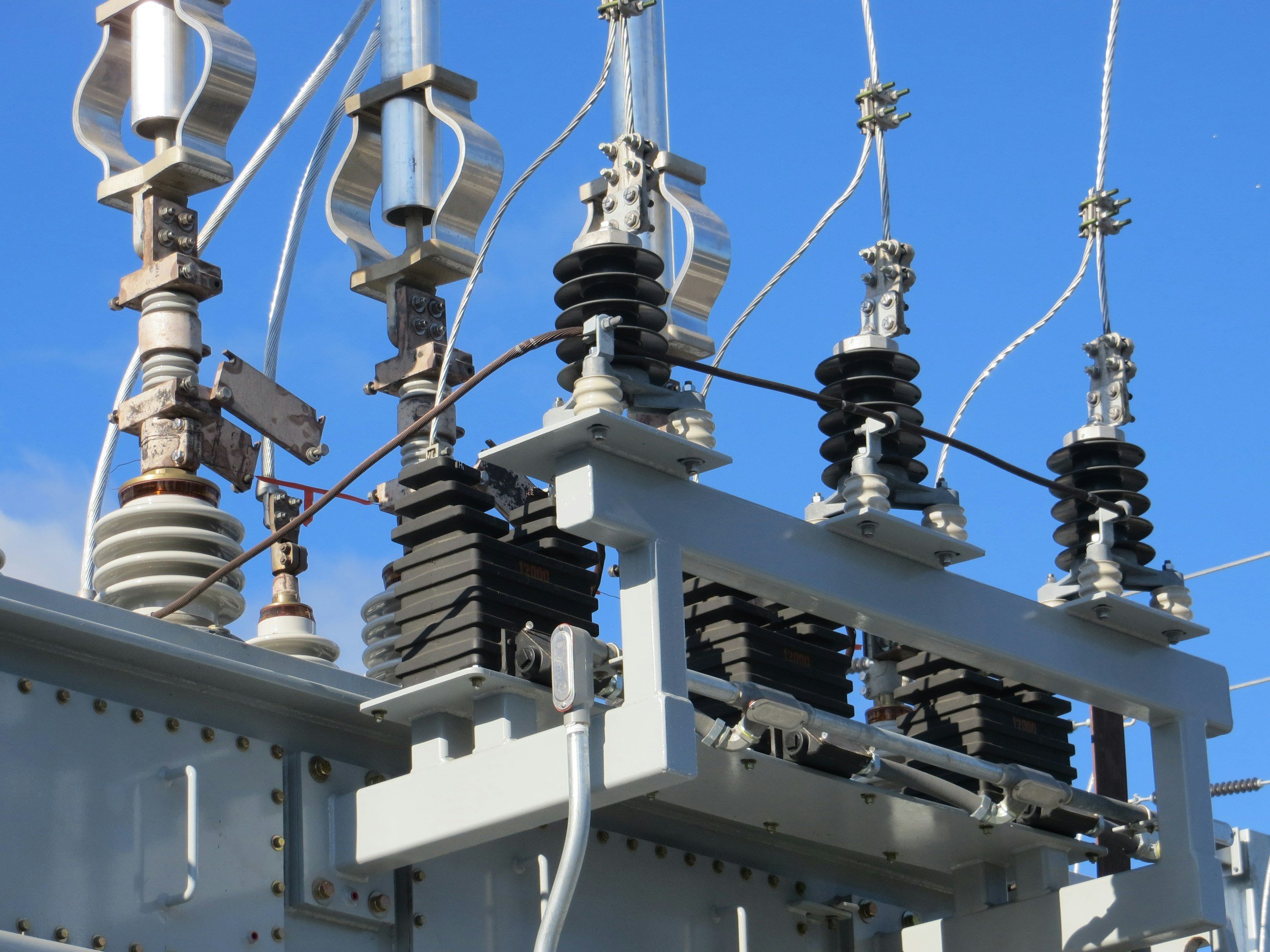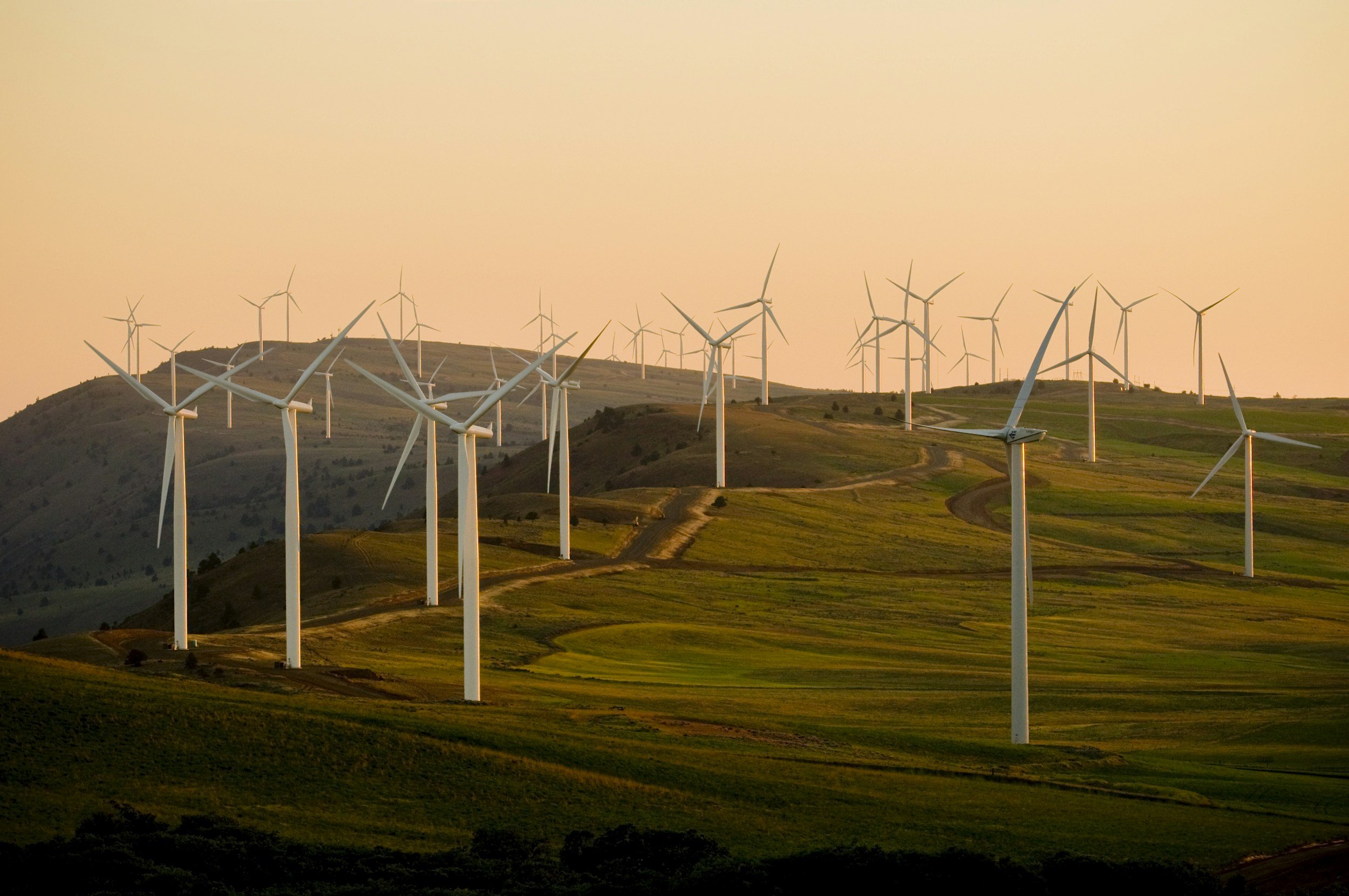
The UK’s Energy Cost Conundrum: Plenty of Solutions, No Action
UK businesses are still being squeezed on energy costs. The crisis of 2022 may have eased, but the damage lingers—small businesses are still paying thousands more a year for electricity and gas than they were before. Pubs, retailers, and manufacturers are all feeling the pressure, with many barely breaking even.
And yet, the government does… nothing.
It’s not as though solutions don’t exist. In fact, they’re staring ministers in the face. Some could be implemented tonight. Others would take months. The real fixes? They require actual planning. That’s where the problem lies—Westminster doesn’t do long-term thinking.

Trump’s Gaza Plan: The Wholesale Energy Market Faces Another Shock
Donald Trump is back, and so is his signature chaos. His latest grand plan? A radical “solution” for Gaza—displacing Palestinians and redeveloping the territory as a “Middle Eastern Riviera.” The reaction from global leaders has been swift and almost universally negative. But beyond the geopolitical fallout, there’s another, more immediate concern: energy markets.
In an era where the UK and Europe are already navigating volatile gas prices and fragile supply chains, Trump’s Gaza gambit threatens to send wholesale energy costs spiraling once again. If conflict erupts across the Middle East, if LNG shipping routes through the Suez Canal are disrupted, and if US-Europe relations take another hit, energy markets could be in for a painful shock.

Energy Markets Weekly: Price Swings and Policy Risks Shape the Week Ahead
The UK and European energy markets are at an inflection point. While short-term softness in power and gas prices offers some relief, medium-term risks remain skewed to the upside. With German storage subsidies, shifting weather patterns, and geopolitical uncertainties in play, the coming weeks will test market resilience.

Why Are UK Energy Prices So Damn High?
For years, the UK’s electricity market has been stuck in the past. Despite the rise of smart meters, dynamic tariffs, and an increasingly flexible grid, the market has still relied on outdated estimated usage profiles rather than actual real-time consumption. That’s right: even in 2024, most consumers—especially households—are billed based on historic averages rather than the electricity they actually use at any given moment.
Now, that’s about to change. Market-Wide Half-Hourly Settlement (MHHS) is set to overhaul the UK’s electricity market by requiring every single customer, from households to industrial users, to be settled based on their actual half-hourly energy usage. The rationale is clear: more accurate billing, better price signals, and a system that rewards consumers for using electricity when it’s cheapest and greenest.
But here’s the question nobody seems to be asking: What if this turns out to be a massive regulatory headache that doesn’t actually lower costs?

Market-Wide Half-Hourly Settlement: A Revolution in UK Energy—or Just a Bureaucratic Headache?
For years, the UK’s electricity market has been running on outdated mechanics—an archaic system where most customers, including businesses, are billed on historic usage estimates rather than real-time consumption. Despite the rise of smart meters, dynamic tariffs, and an increasingly flexible grid, the industry has been stuck in the past. And let’s be honest: Ofgem, the regulator responsible for ensuring a fair and efficient market, has not exactly been a beacon of competence when it comes to delivering reforms that work in practice.
Enter Market-Wide Half-Hourly Settlement (MHHS), the latest attempt to drag the energy market into the modern era. In theory, it’s a game-changer—every customer, from SMEs to industrial giants, will be settled based on their actual half-hourly energy usage. The promise? More accurate billing, sharper price signals, and a system that rewards businesses for using electricity when it’s cheapest and greenest.
But will this deliver the savings and efficiencies the industry so desperately needs? Or is this yet another overhyped reform that will shift costs around rather than lower them? If history is any guide, businesses should be sceptical.

The Great Energy Profit Lie: Why UK Suppliers Aren’t Making a Fortune
If you believe the headlines, energy suppliers are rolling in cash. Prices are up, bills are painful, and the latest financial results from energy companies show profits measured in the billions. The public outrage is understandable—when households are struggling with affordability, hearing about record earnings from energy firms feels like a slap in the face.
But here’s the problem: the media narrative is deeply misleading. The idea that UK energy suppliers are raking in money at the expense of consumers is based on a fundamental misunderstanding of how the energy market works. The reality? Most energy suppliers—the companies that actually send you your bill—operate on razor-thin margins and, in some cases, don’t make any money at all.
So if suppliers aren’t really profiting, where is all the money going? Let’s break down the biggest misunderstanding in the UK energy debate.

Trump’s Tariffs Are Here: The Wholesale Energy Market Takes the Hit
Markets barely had time to brace before Trump made good on his threats. 25% tariffs on Canada and Mexico. 10% on China. 10% on Canadian energy. And a clear warning that Europe is next. As trading opened on Monday, global stocks plunged, the dollar surged, and oil prices jumped. The energy world has just been thrown into another period of instability, and wholesale markets are already feeling the heat.
This isn’t just a short-term panic. Trump’s tariffs on Canadian oil, combined with the broader market reaction, could fundamentally shift global energy flows, pushing up costs for gas, oil, and electricity across the UK and Europe.

Month In Markets – January 2025: A Cold Start, A Volatile Future
January 2025 kicked off with a paradox: a winter that should have been bullish for energy markets instead opened with a slide in prices, only to reverse later in the month as colder weather, geopolitics, and supply chain constraints returned to the forefront. Markets started the year lulled by stabilising gas supplies and robust LNG imports, but the illusion of calm was short-lived. By the latter half of the month, price volatility was back, driven by shifting weather patterns, European storage withdrawals, and renewed geopolitical disruptions.
So where do things stand? And what does this mean for the months ahead?

Taiwan, Tariffs, and the Energy Market: Another Crisis in the Making?
It’s becoming a cliché at this point: a geopolitical crisis sends shockwaves through global energy markets, driving up prices, disrupting supply chains, and leaving policymakers scrambling for answers. We’ve seen it with Russia’s invasion of Ukraine, with Trump’s first round of trade wars, and now, with renewed tensions over Taiwan.
This time, however, the stakes might be even higher. The combination of U.S. tariffs on Taiwan and the threat of a Chinese invasion presents a double whammy that could destabilise energy markets in ways we haven’t fully priced in. If the past few years have taught us anything, it’s that the global energy system is far more fragile than we’d like to admit.
So, let’s break it down: What happens to energy markets if Taiwan becomes the next flashpoint?

Trump’s Tariffs and EU Energy: The Real Cost of Trade Wars
Donald Trump has never been subtle about his views on trade. His first term was defined by protectionist policies, and now, with his return to the White House, tariffs on European imports are back on the agenda. The EU, which has spent years navigating Brexit, an energy crisis, and the upheaval of Russian supply disruptions, now faces another economic shock—one that could push up infrastructure costs, disrupt supply chains, and inject fresh uncertainty into wholesale energy markets.
The reality is, energy markets don’t operate in a vacuum. They depend on global supply chains, long-term investment certainty, and a delicate balance between cost and policy. Slapping tariffs on European imports, particularly on industrial goods and key materials, threatens to destabilise that balance.
So, what happens next? And more importantly, what does this mean for wholesale energy prices in the UK and beyond?

AI, Energy, and the DeepSeek Disruption: Have We Been Planning for the Wrong Future?
For months, the consensus among policymakers, investors, and energy market analysts has been clear: AI is going to consume staggering amounts of electricity. Governments, including the UK, have been preparing for a future in which data centers are as critical to national infrastructure as power plants or transport networks. The idea is simple—AI models require vast computational power, and the energy demand for training and running these systems will drive electricity consumption through the roof.
The UK government has already classified data centers as Critical National Infrastructure, anticipating that AI’s energy demand could rise from 1% to 6% of total UK electricity use by 2030. Meanwhile, projects like Stargate, a $500 billion AI data center initiative, suggest that industry leaders expect data processing needs to continue scaling exponentially, requiring vast new infrastructure.
But what if that assumption is completely wrong?

The Return of Russian Gas: A Lifeline or a Trap for Europe?
A few years ago, Europe made what looked like a clean break. After decades of dependence on Russian gas, the continent went cold turkey following the invasion of Ukraine, scrambling to replace its energy supplies with LNG from the U.S., pipeline gas from Norway, and an accelerated push toward renewables. It wasn’t easy. It wasn’t cheap. But it was, in geopolitical terms, necessary.
Now, with peace talks reportedly gaining traction and some European nations quietly exploring a resumption of Russian gas imports, the question must be asked: Is history repeating itself? More specifically—if Europe reopens the door to Russian gas, does it risk walking straight back into the same trap?
The answer is complicated. Energy security is about diversification, not moral purity. But if Russian gas starts flowing westward again, the consequences for European energy markets—and by extension, the UK—could be profound.

The Best-Case Scenario Under Trump: Can Europe and the UK Win This Time?
It’s easy to assume that Donald Trump’s second presidency will be bad news for Europe. After all, his first term was defined by trade wars, tariffs, and an “America First” energy policy that left allies scrambling. His return to the White House has already sent European leaders into defensive mode, worried about economic isolation, more aggressive tariffs, and the collapse of transatlantic unity.
But what if, for once, things actually go right? What if Trump’s policies—whether by design or accident—end up benefiting Europe and the UK? What if, instead of another energy crisis, we see lower prices, improved trade, and a stable geopolitical environment? It sounds optimistic, maybe even naive, but in the unpredictable world of energy markets, the best-case scenario is at least worth considering.

Trump & Energy: A Complicated Outlook for UK Wholesale Prices
Donald Trump is back, and with him comes a new chapter in global energy politics—one that could have profound implications for the UK’s wholesale energy market.
At the World Economic Forum in Davos, Trump assured European nations that the U.S. would guarantee LNG supplies to Europe. On the surface, this sounds like a win for energy security—especially given Europe’s successful pivot away from Russian gas after the invasion of Ukraine. But is the West simply trading one dependency for another? And what does this mean for UK gas and power prices?
If the past decade has taught us anything, it’s that energy is never just about supply and demand. It’s about power—political, economic, and strategic. Russia understood this all too well. Now, the U.S. does too.